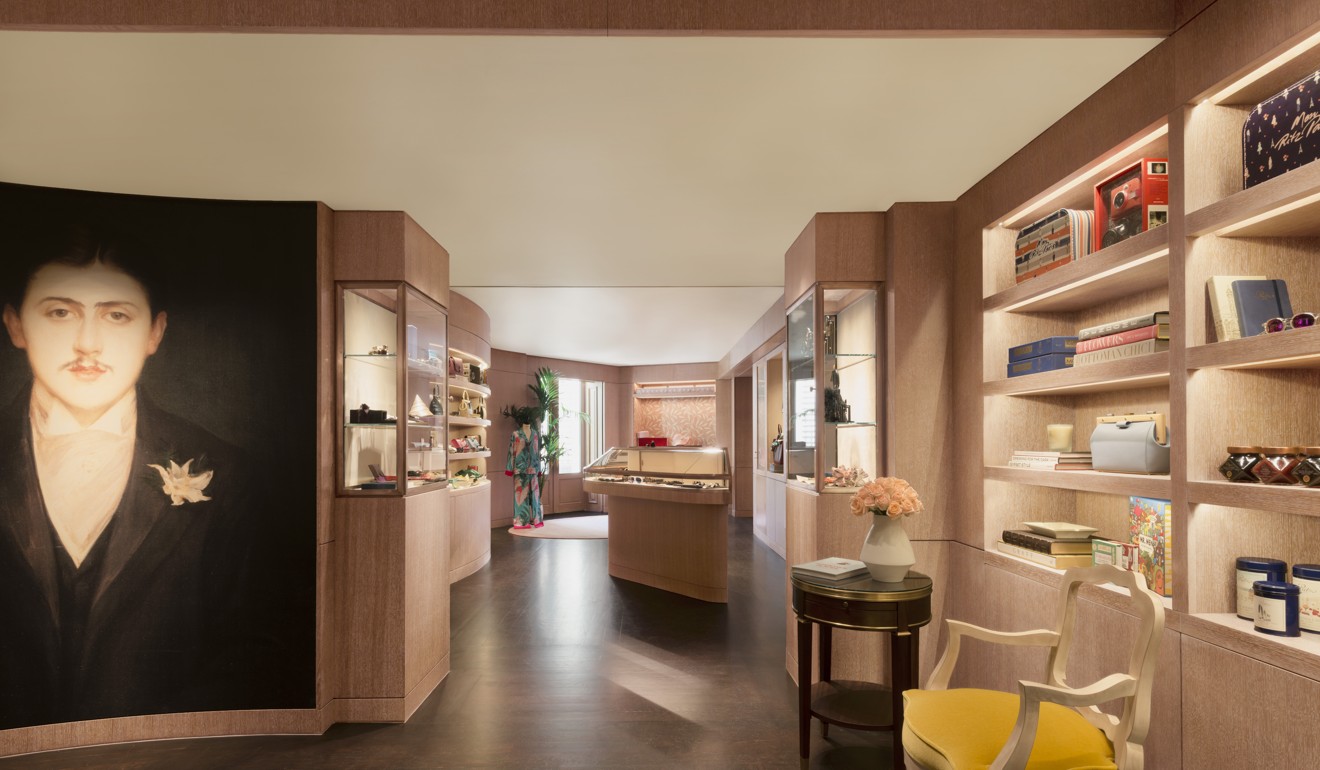
How the best hotels in Paris are combining shopping and art to boost their revenues
Concept stores at the Hotel de Crillon, Ritz Paris and Royal Monceau are changing the luxury hospitality industry as wealthy travellers look for more ways of enjoying their stay – by spending more money
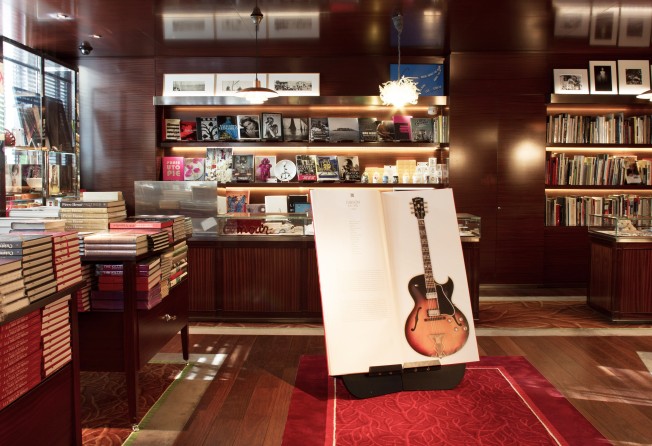
On the Place de la Concorde in Paris, there is only one shop, and it is located at number 10. It is in the Hotel de Crillon, the historic luxury hotel that reopened last July after four years of extensive renovations.
Stocked with unusual items, The Cabinet of Curiosities of the Hotel de Crillon is the brainchild of Thomas Erber, and it is the embodiment of a growing breed of hotel stores offering a variety of goods.
Guests might be tempted by a clothes valet from Atelier Arizona, pre-mixed cocktails by the mixologists of the hotel’s Les Ambassadeurs bar, jewels by Delfina Delettrez, or one of the exotic accessories by Parisian designer Hugo Matha, who designed the hotel staff’s wardrobe.
A selection of classics such as little black dresses from Mugler or an overnight kit by men’s sportswear brand Ron Dorff are also on hand.
“To have yet another luxury store, or the same kind of boutiques and galleries that you find in the neighbourhood, would have felt like a defeat,” said Erber, a Parisian journalist and entrepreneur.
The Cabinet of Curiosities is the latest example of how hotel retail is evolving, as hoteliers strive to keep pace with the changing expectations of their clientele.

The transformation of hotel shops into more than purveyors of forgotten essentials or perfunctory souvenirs was inevitable. And where hotels and resorts around the world have already dipped their toes, Paris’ grandest hotels are now competing in the fields of art and shopping.
While retail doesn’t represent a large share of hotel revenue – industry experts place its share under five per cent on average – it has become another avenue in which hotels are expected to compete.
On Place Vendôme, the Ritz Paris has chosen to invite a new guest editor every six months to curate its concept store, which sits alongside a more traditional shopping gallery that includes Alexandre Reza and Maison Ullens.
Following in the footsteps of The Webster in 2016 and Inès de la Fressange with Elle magazine in early 2017, upscale department store Le Bon Marché is the latest to sell its wares at the Ritz Paris.
Men’s styles range from Berluti, Turnbull & Asser or Ermenegildo Zegna, while women can choose from designs by French couturier Alexis Mabille, cashmere by Barrie, as well as Eres swimwear.
The concept store’s resident florist, Anne Vitchen, is also on hand. While the decrease in visitors due to security concerns has played a part, at the heart of this evolution in hotel retail offerings are several deep-seated shifts.
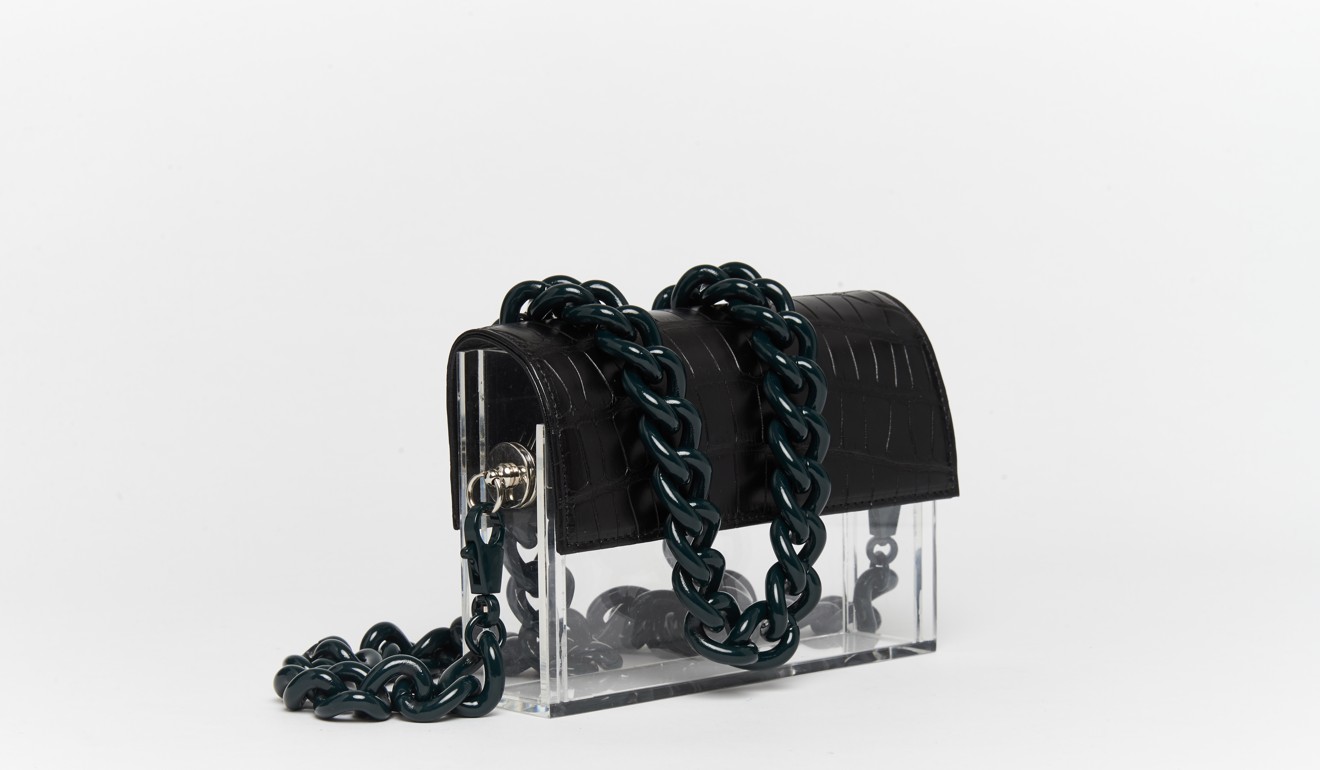
The other reason is that to compete in today’s upscale hospitality field, it is no longer sufficient to offer superior comfort, or generous loyalty perks.
Ancillary amenities have become opportunities to attract more customers, and encourage guests to stay longer in properties: innovative dining experiences, luxurious spas and increasingly personalised service have become par for the course.
Where empty spaces once meant lost revenue, they now are an opportunity to express identity, and to help further reinforce it. At the Hotel de Crillon, its place in French history is expressed in the nearly 1,000 artworks including sculptures by Kate MccGwire.
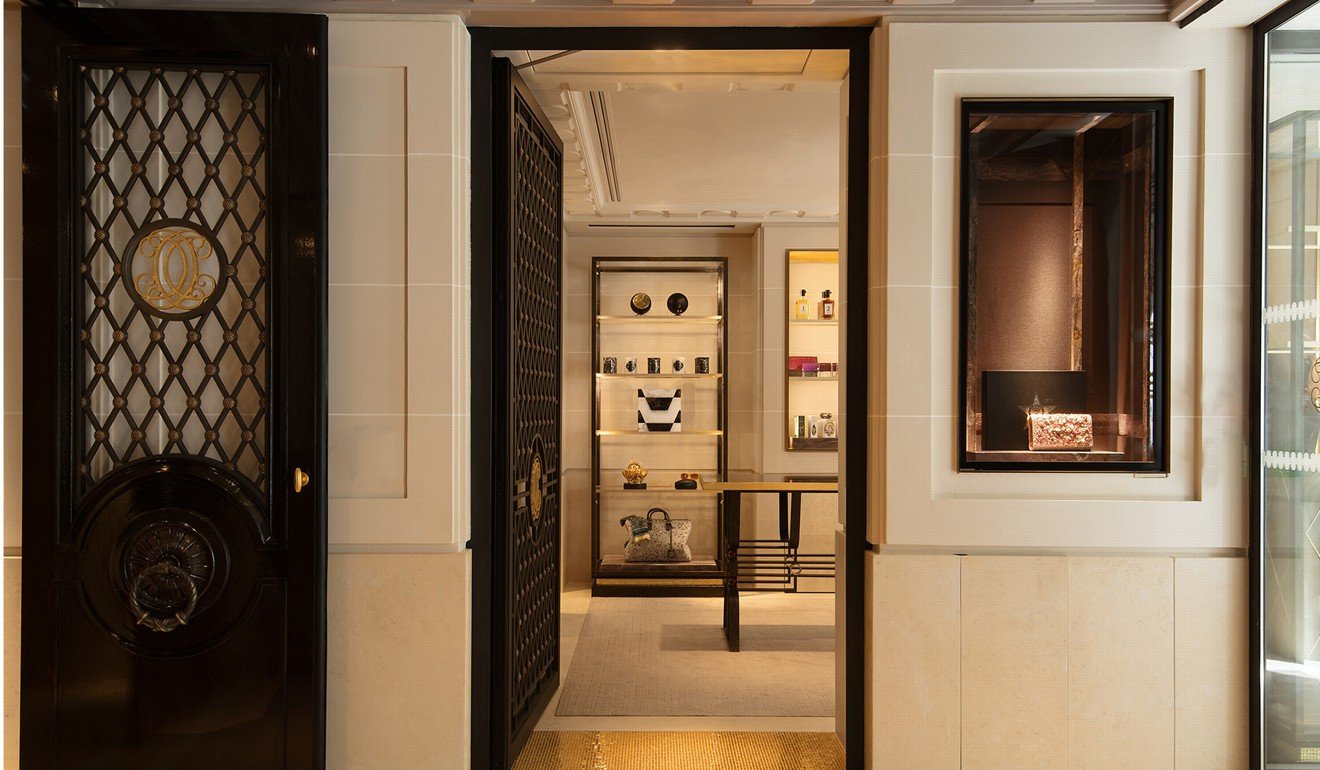
“The idea was to create a community, to redefine luxury, conserve and promote French craftsmanship, to offer a voyage through objects and their stories,” says Sophie Demaret, director of spa and boutiques at the Hotel de Crillon.
The Royal Monceau Raffles Paris takes things one step further.
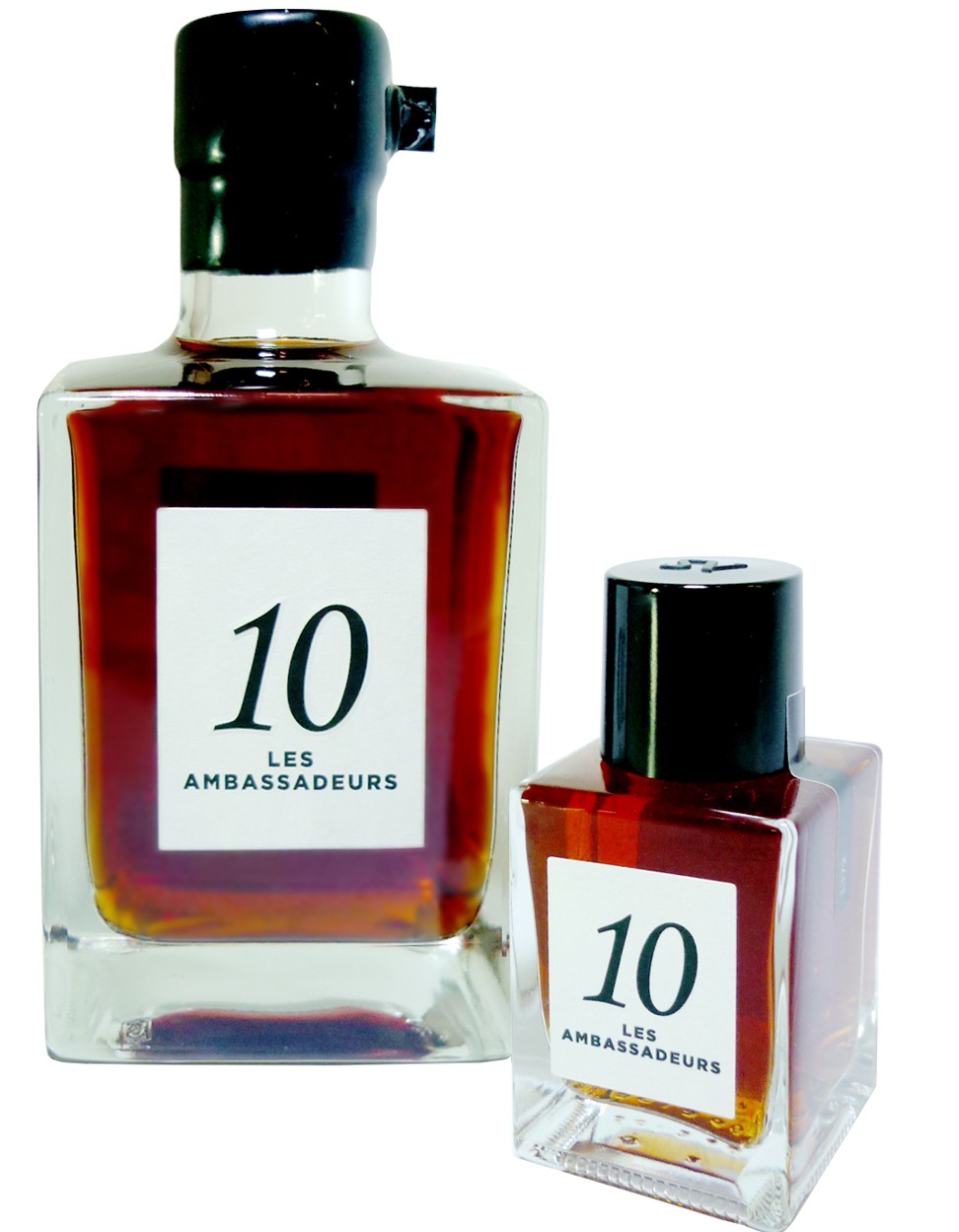
It has its own private cinema, and an art gallery offering year-round contemporary art exhibitions, while its Librairie des Arts store offers items in collaboration with artists such as Marc Turlan or Agelio Batle.
On top of this, its on-demand cultural curation by their in-house art concierge, provides an insider’s guide to the city’s cultural visage.
“The selection is an opportunity to remind people of the history of the Royal Monceau and its artistic DNA. The hotel opened in 1928, so there are references to surrealism, psychoanalysis and art deco,” says art concierge Julie Eugène.
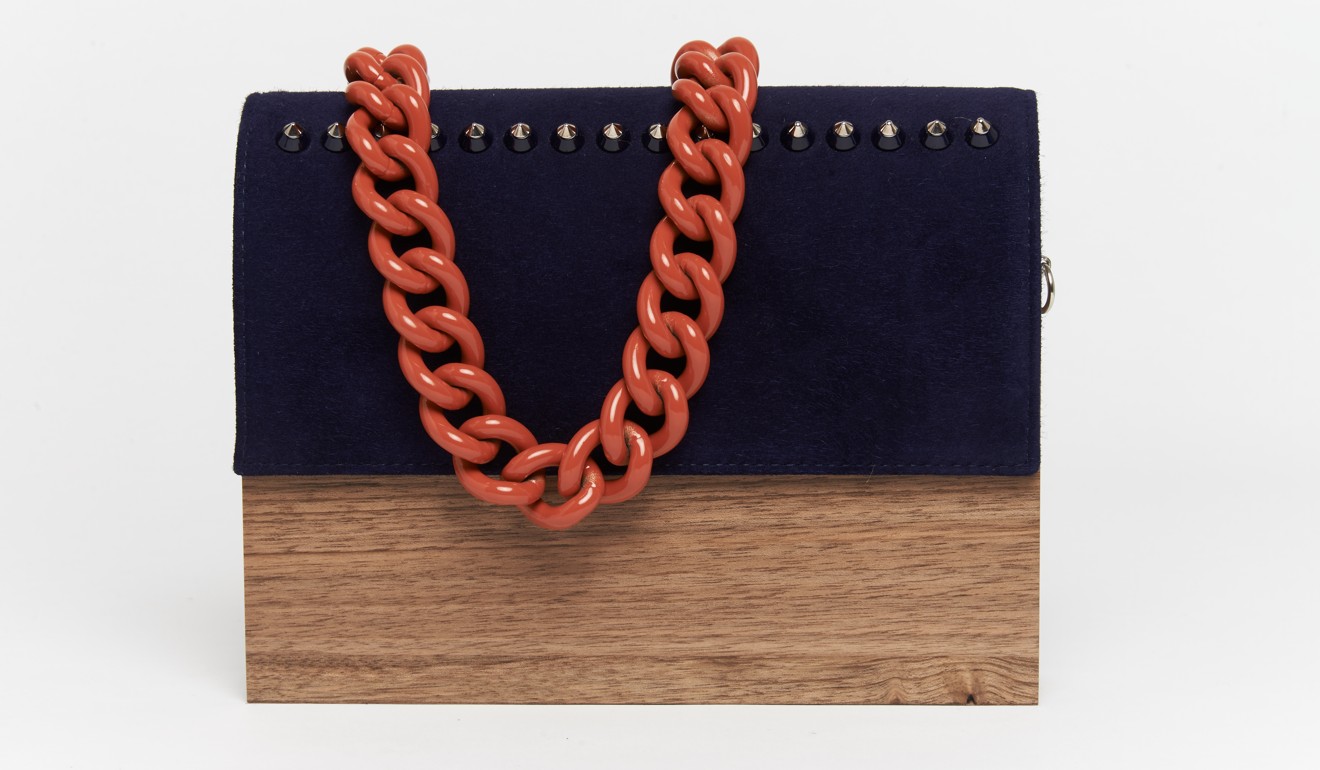
Eugène is on hand for any cultural need – from viewing the hotel’s private art collection to organising private museum visits.
“When the Picasso Museum reopened in 2014, one of our clients, who had specific security concerns, wished to visit the museum ahead of the official opening,” Eugène says.
“Their desired date happened to be on the same day as the inaugural visit by then-French president François Hollande. Thanks to the museum’s teams, we made it happen without either party ever crossing paths.”
For Erber, this shift in the conception of hotel retail goes beyond the desire to maximise profits. With a fashion scene increasingly competitive, craftsmanship or quality are no longer the unique selling point that capture attention.
Luxury hotels now need to retain their historic position as “platforms and bastions of internationalisation”, where those who travel come in contact with a city’s true identity and later take it home with them, as items or as ideas.
In Paris, Parisian things are what travellers want to see, says Erber.